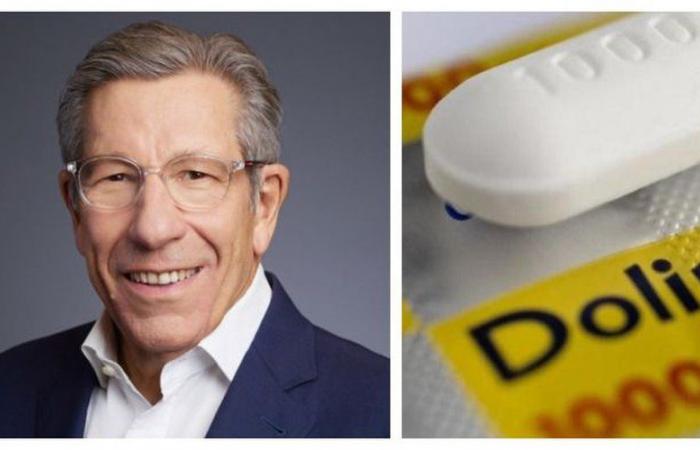
the essential
Marc Ivaldi, professor of economics at the Toulouse School of Economics (TSE) and specialist in industrial economics, analyzes the proposed sale of the consumer branch of the Sanofi laboratory.
Why did Sanofi decide to sell its consumer health branch? Is this a problem of profitability or strategy?
This is more a question of strategy for Sanofi than a question of profitability. Today, to exist on the global health level, manufacturers must release new strategic drugs in the field of immunotherapy or the fight against cancer. Doliprane is not strategic. However, these new drugs require colossal investments that Sanofi seeks to finance by selling this non-prescription drug business. Time is running out because in a few years, Sanofi has gone from 3e world rank at 7e place and it is not with Doliprane that they will get out of it.
Isn’t it strategic for France to maintain control over paracetamol?
This is the heart of the matter: what is strategic is the active ingredient, that is to say paracetamol, which is produced in China or the United States. Doliprane only encapsulates this active ingredient as others like Upsa laboratories already do. Saying that Doliprane is strategic is like saying that anti-covid masks were strategic. Today, we no longer produce them in France.
Some politicians would like the Montebourg decree to be activated to block the sale to the American investment fund CD&R. What do you think?
It should be remembered that Sanofi will retain 50% of this activity. Furthermore, if another French company, like Upsa, already manufactures this product, I do not see why Sanofi would be prohibited from selling Doliprane. Blocking the sale would amount to depriving Sanofi of 15 billion euros (Editor’s note: the announced price of the sale) that the laboratory wants to invest in new therapies. If the State prevents this sale, Sanofi will no longer have the means to maintain its global rank with the threat of seeing, in the long term, foreign funds buy the heart of Sanofi and not just the general public branch.
Doesn’t this sale raise a question of industrial and health sovereignty?
Sovereignty is the active principle, not the stamp! If an epidemic occurs and France has a massive need for Doliprane, we will in any case remain dependent on the active ingredient produced in China. This debate is symbolic and becomes political.
BPI France, the financial arm of the State, is offering to participate in this buyout. Would this be a middle solution?
If the State has money to invest, it must put it into the active ingredient, as with the new Roussillon factory in Isère which is due to enter production in the coming months. Using public money for Doliprane would be like throwing it out the window!
Is Sanofi not paying for past mistakes?
Even if this sale comes to an end, it will not be a win for Sanofi as successive managements have accustomed us to strategic errors. The laboratory, for example, stopped its research on Messenger RNA two before the Covid crisis. But preventing the sale would also be a mistake.
Should the State intervene in this matter?
In France, we always think of resolving problems from above, that is to say through the State, like at the time of the calculation plan in 1966 or when the government wanted to create a French Google. The State must create the conditions for innovation, provide the right training courses, support competitiveness clusters and, above all, encourage economic players to take risks.





